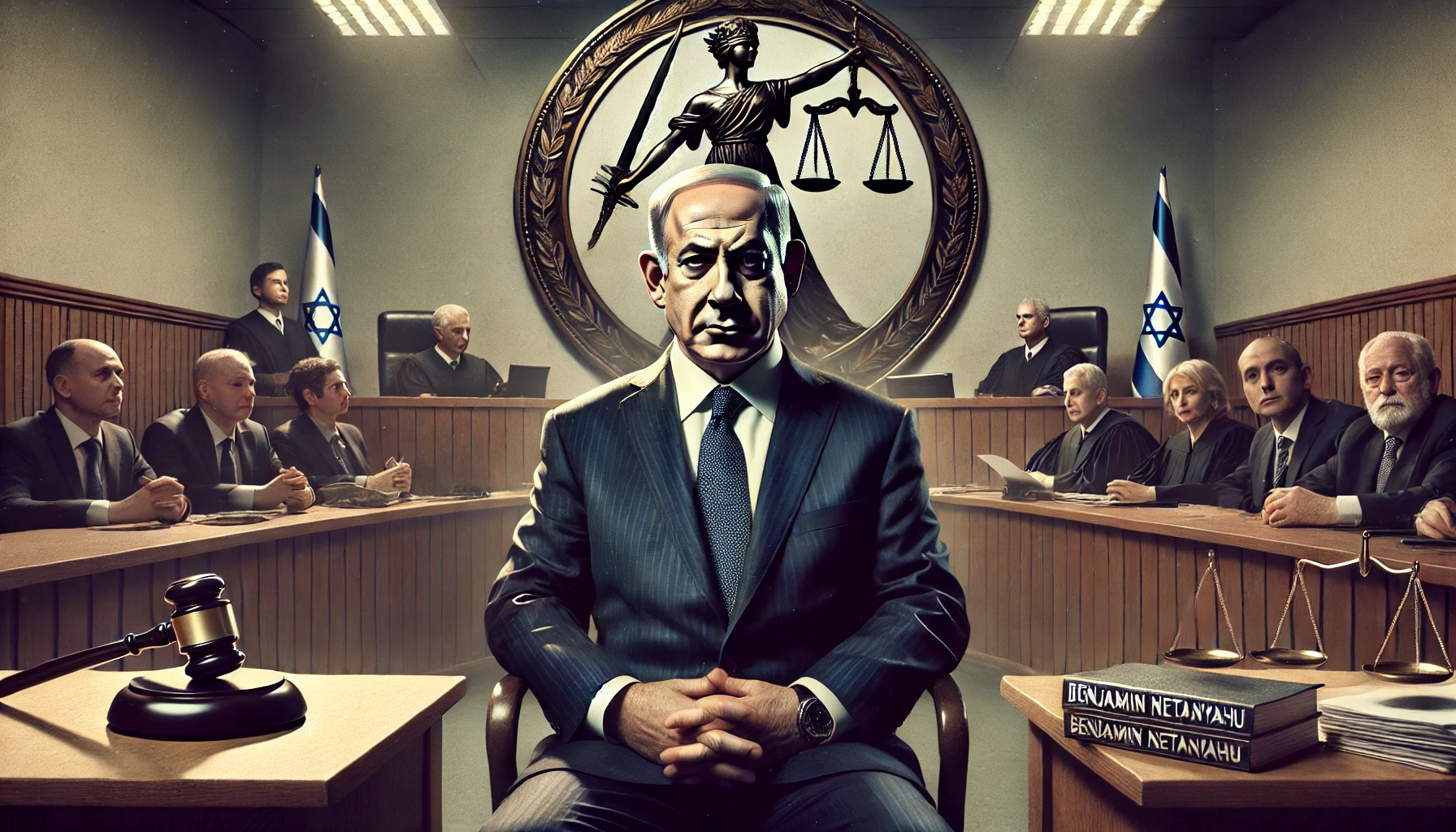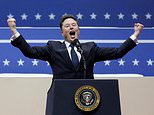Date: November 22, 202
In a move that has sent shockwaves through international politics, the International Criminal Court (ICC) has issued arrest warrants for Israeli Prime Minister Benjamin Netanyahu and former Defense Minister Yoav Gallant, accusing them of war crimes and crimes against humanity during the recent Gaza conflict. Netanyahu’s response? He labeled the ICC’s actions as “anti-Semitic,” a claim that has sparked widespread debate and criticism.
The ICC’s Charges
The ICC’s arrest warrants, issued on November 21, 2024, allege that Netanyahu and Gallant bear criminal responsibility for the war crime of starvation as a method of warfare and the crimes against humanity of murder, persecution, and other inhumane acts against Gaza’s civilian population. The court’s decision is based on evidence suggesting that from October 8, 2023, to at least May 20, 2024, Israeli forces, under the leadership of Netanyahu and Gallant, implemented policies that deprived Gaza’s civilians of essential supplies, including food, water, and medical aid, leading to widespread suffering and death.
The Alleged Crimes in Detail
The ICC’s investigation highlights several key incidents:
- Blockade and Starvation: The imposition of a comprehensive blockade on Gaza severely restricted the flow of goods and humanitarian aid. This blockade led to acute shortages of essential supplies, resulting in malnutrition and preventable deaths among the civilian population.
- Targeted Attacks on Civilian Infrastructure: Israeli military operations reportedly targeted hospitals, schools, and residential areas, causing significant civilian casualties. Notable incidents include the bombing of Al-Shifa Hospital on November 15, 2023, which resulted in the deaths of over 200 patients and medical staff.
- Use of Indiscriminate Weaponry: The deployment of weapons such as white phosphorus in densely populated areas led to severe injuries and deaths among civilians. The use of such weapons is prohibited under international law due to their indiscriminate nature and the unnecessary suffering they cause.
Netanyahu’s Response
In a televised address, Netanyahu vehemently denied the allegations, stating, “The ICC’s decision is a travesty of justice and a blatant act of anti-Semitism. Israel has the right to defend itself against terrorism, and these charges are politically motivated.” He further accused the ICC of bias, asserting that the court has consistently targeted Israel while ignoring atrocities committed by other nations.
Global Reactions
The ICC’s decision has elicited a range of responses from the international community:
- United States: The U.S. government condemned the ICC’s actions, with President Biden calling the arrest warrants “outrageous, unlawful, and dangerous.” The U.S. reiterated its support for Israel’s right to self-defense and questioned the ICC’s jurisdiction over the matter.
- European Union: The EU expressed concern over the allegations and called for a thorough investigation. However, it stopped short of fully endorsing the ICC’s decision, emphasizing the need for a balanced approach that considers the complexities of the Israeli-Palestinian conflict.
- Human Rights Organizations: Groups such as Amnesty International and Human Rights Watch welcomed the ICC’s decision, stating that it represents a step toward accountability for alleged war crimes. They urged all parties to cooperate with the court’s investigation.
The Anti-Semitism Debate
Netanyahu’s characterization of the ICC’s actions as anti-Semitic has sparked a contentious debate. Critics argue that labeling legitimate legal actions as anti-Semitic undermines genuine efforts to combat anti-Semitism and detracts from the seriousness of the charges. They contend that the ICC’s mandate is to investigate and prosecute individuals responsible for the gravest offenses, regardless of nationality or religion.
Supporters of Netanyahu’s stance argue that the ICC has exhibited a disproportionate focus on Israel, ignoring violations committed by other states. They claim that this selective scrutiny reflects a bias against the Jewish state, which can be construed as a form of anti-Semitism.
Conclusion
The ICC’s issuance of arrest warrants for Netanyahu and Gallant marks a significant development in the pursuit of accountability for alleged war crimes. While the charges are grave, the response from Netanyahu and his supporters highlights the complex interplay between international law, politics, and perceptions of bias. As the situation unfolds, it remains to be seen how these dynamics will influence the quest for justice and the broader Israeli-Palestinian conflict.
Sources:
- International Criminal Court. “Situation in the State of Palestine: ICC Pre-Trial Chamber I rejects the State of Israel’s challenges to jurisdiction and issues warrants of arrest for Benjamin Netanyahu and Yoav Gallant.” November 21, 2024.
- Reuters. “What the ICC said on the arrest warrants against Gallant, Netanyahu and Hamas leader Deif.” November 21, 2024.
- The New York Post. “US officials slam ICC arrest warrant against Netanyahu, Gallant as ‘outrageous, unlawful, dangerous’.” November 21, 2024.
- The Wall Street Journal. “ICC Arrest Warrants for Netanyahu, Gallant Deepen Israel’s Isolation.” November 22, 2024.
- The Associated Press. “Warrants put Israeli PM and others in a small group of leaders accused of crimes against humanity.” November 21, 2024.



